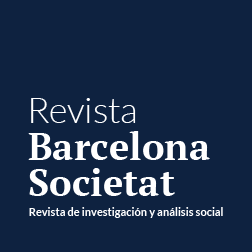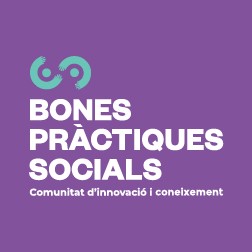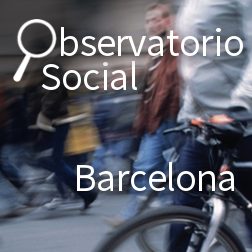Training to identify and combat unwanted loneliness
20/03/2023 - 12:18
- Dues mans entrellaçades.
As part of the Municipal Strategy against Loneliness 2020-2030, online training is now being opened up for the general public to detect, prevent and act in cases of unwanted loneliness. Access to the course is as simple as signing up and downloading the training resources, with materials which were previously only available to professionals. Combatting social isolation is essential, particularly among those most vulnerable, such as children and the elderly.
The training materials come in two modules and can be downloaded by filling in a form. The first centres on aspects such as the definition and identification of unwanted loneliness, risk factors associated with it, the impact on health, the current situation in data and the concept of loneliness from the gender perspective. The second includes strategies to address unwanted loneliness and offers keys to detecting it, plus case studies.
Who can suffer unwanted loneliness?
Unwanted loneliness can affect people of any age or gender and is not exclusive to a specific group:
- Children who suffer bullying at school or who share little time with close family.
- People of any age who suffer some sort of discrimination, who are in mourning, caring for others or have become dependent.
- Young people who have moved home and lost their network of friends, who suffer bullying at school or feel the pressure of adolescence.
- Adults who lose their jobs, are getting separated, don’t have a circle of close friends or are victims of sexist male violence.
- Elderly people who live alone, have no support from family or friends, lose their partner of face financial hardship.
Prevention and action in cases of loneliness
The municipal strategy includes other useful resources for citizens, such as:
- A test to recognise loneliness.
- Municipal services and facilities to address unwanted loneliness, classified by age: children, young people, adults, elderly people.
- A list of causes which can lead to loneliness, to help identify them.
- Statistics on the prevalence of loneliness in Barcelona.













